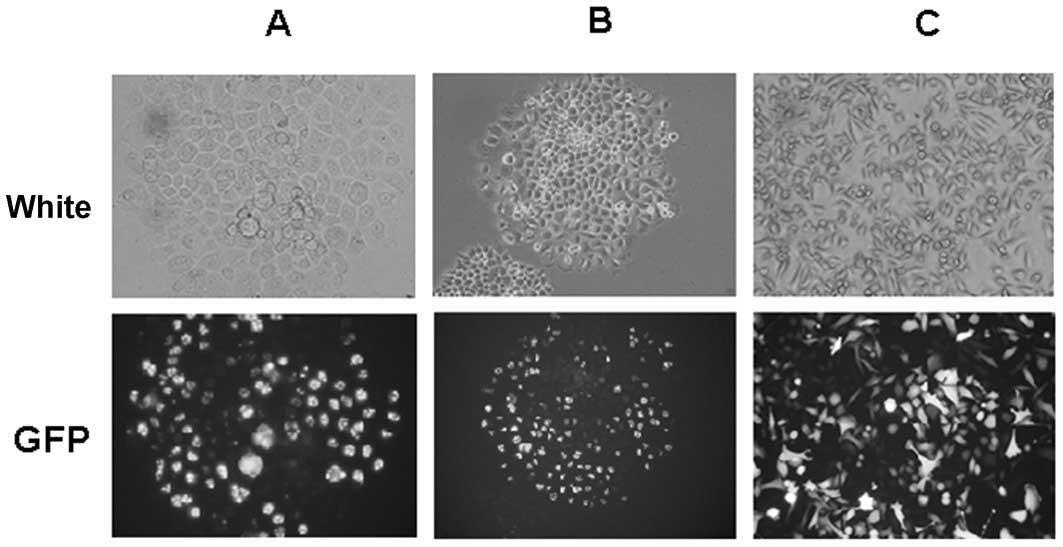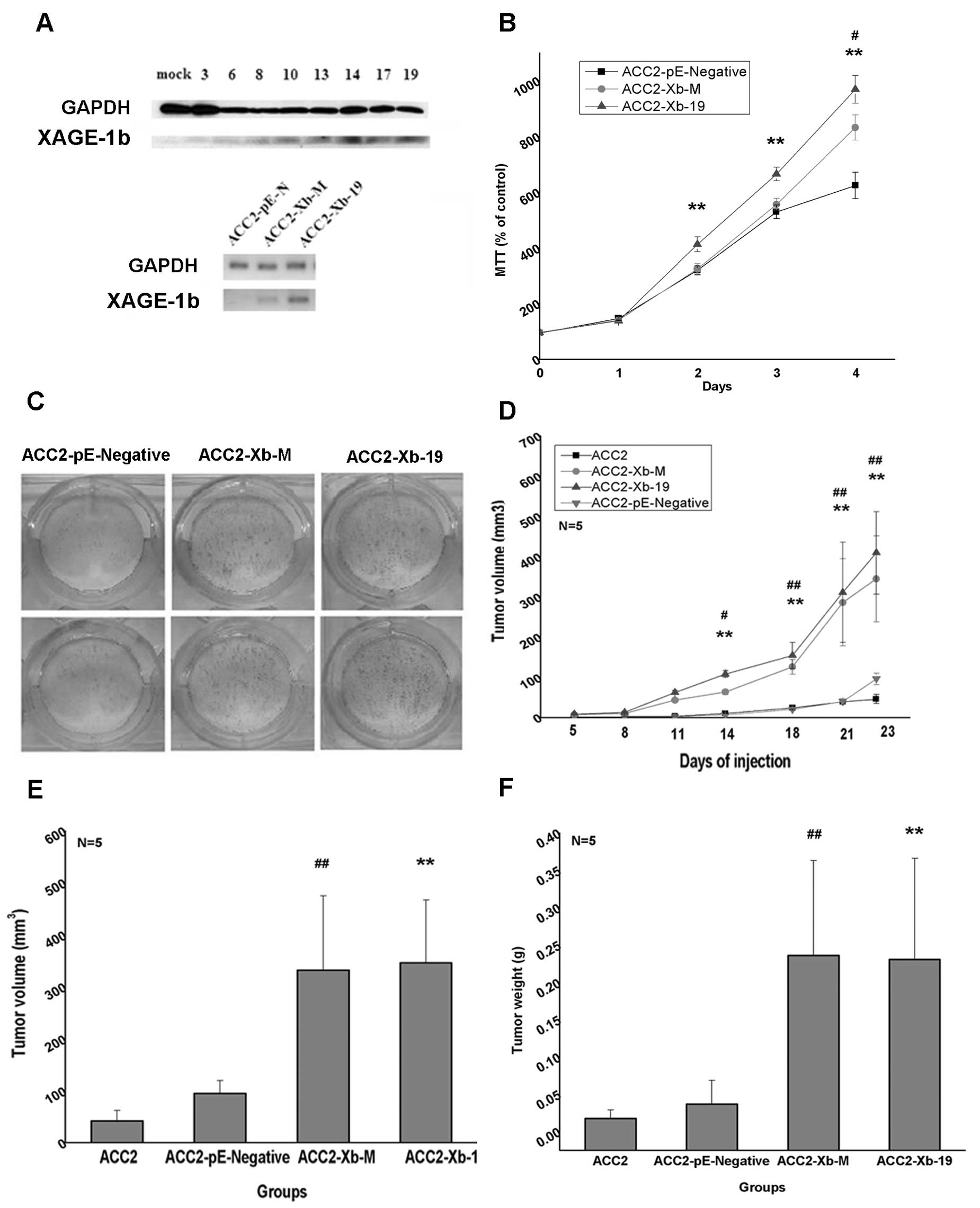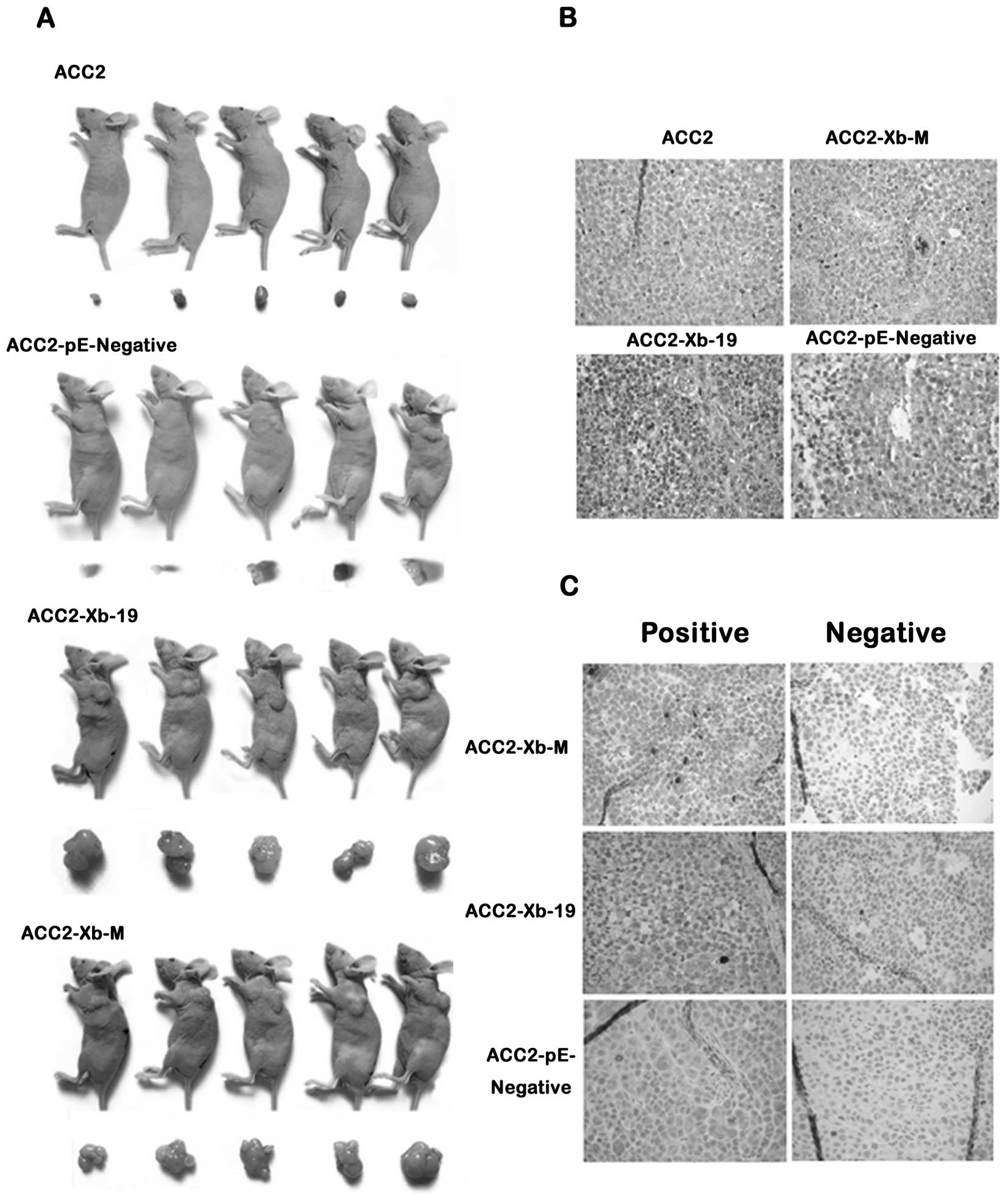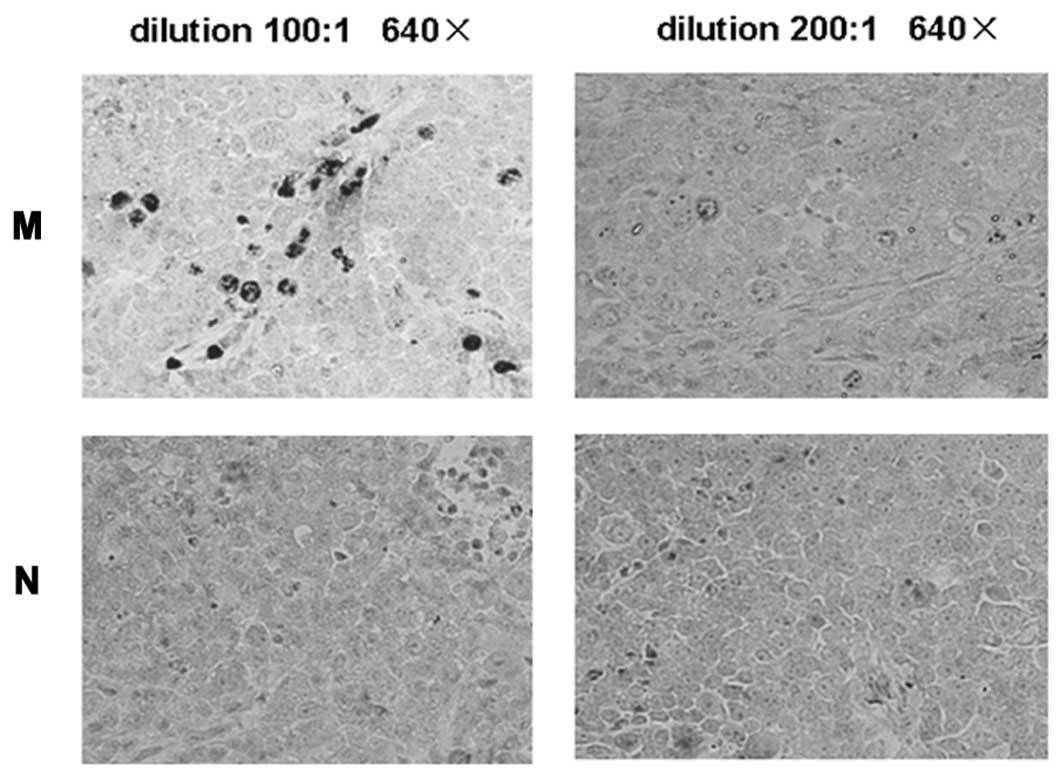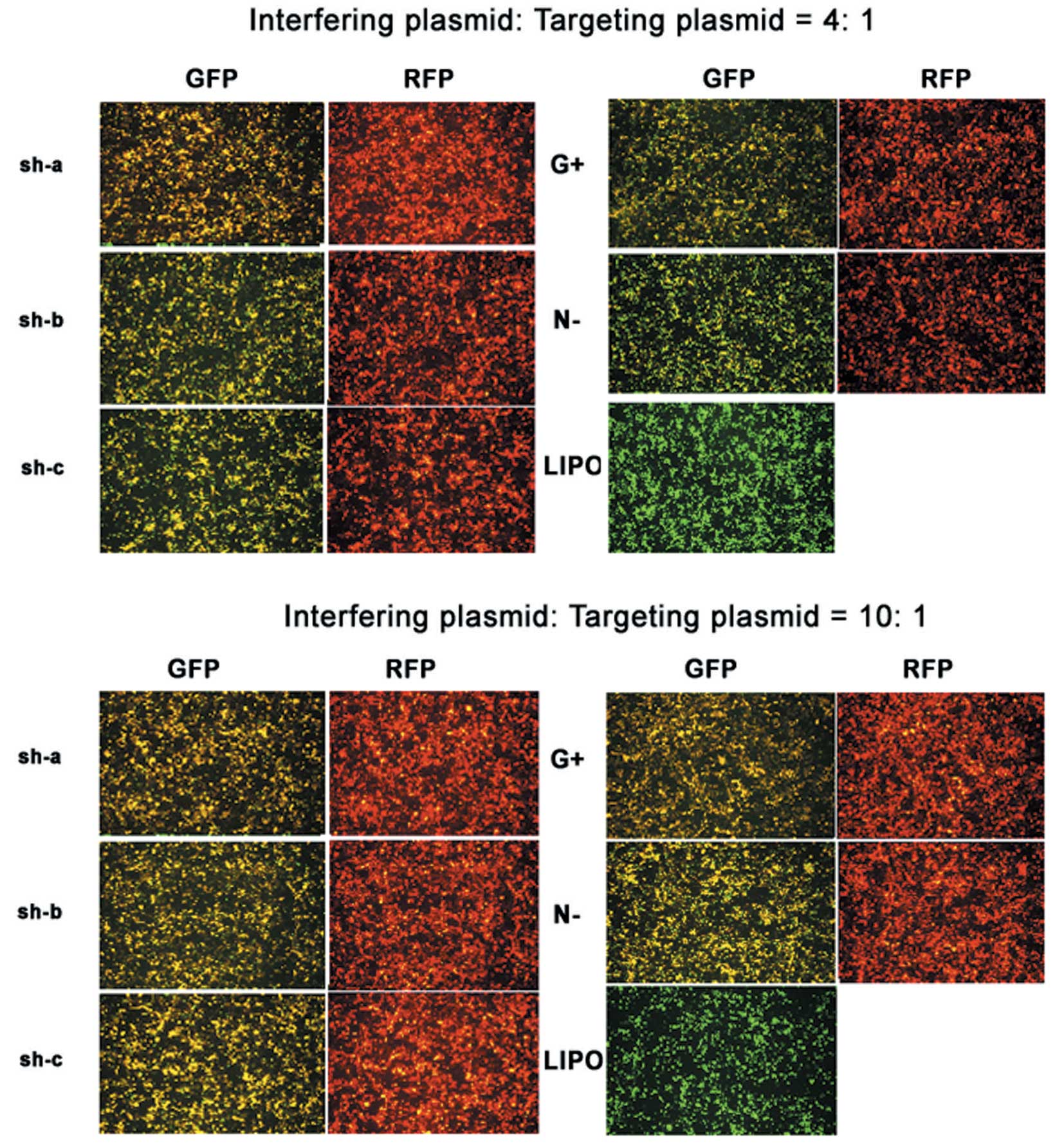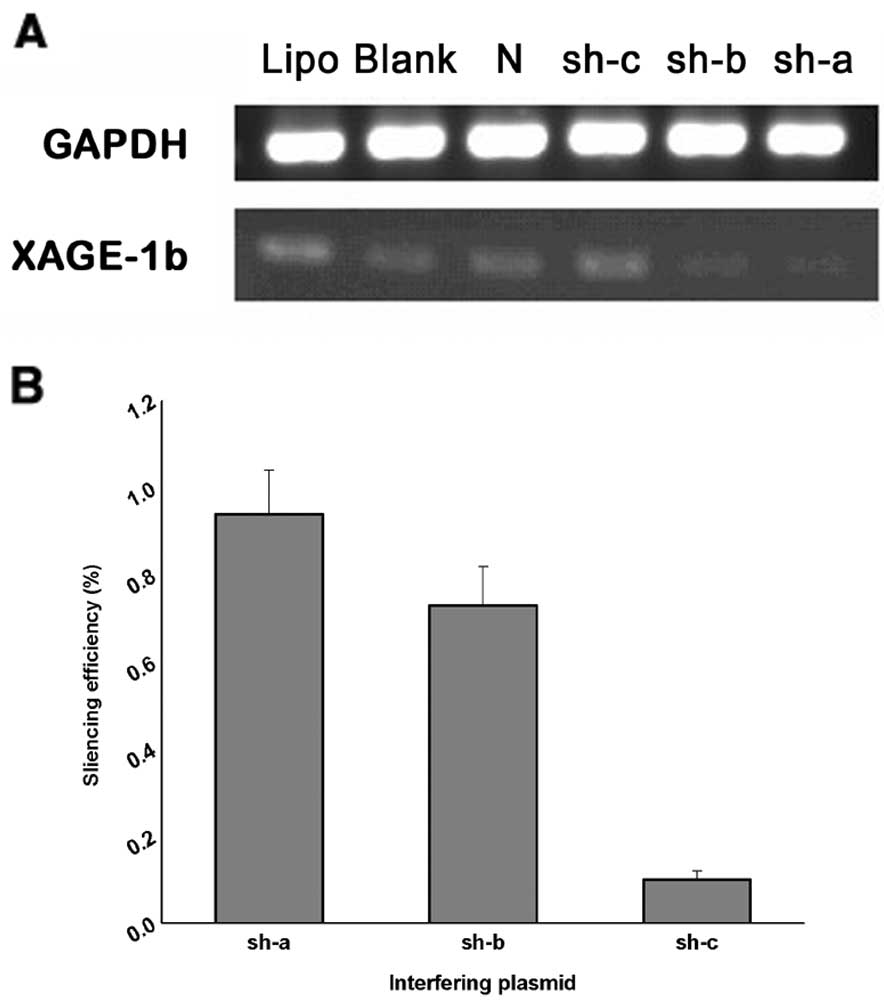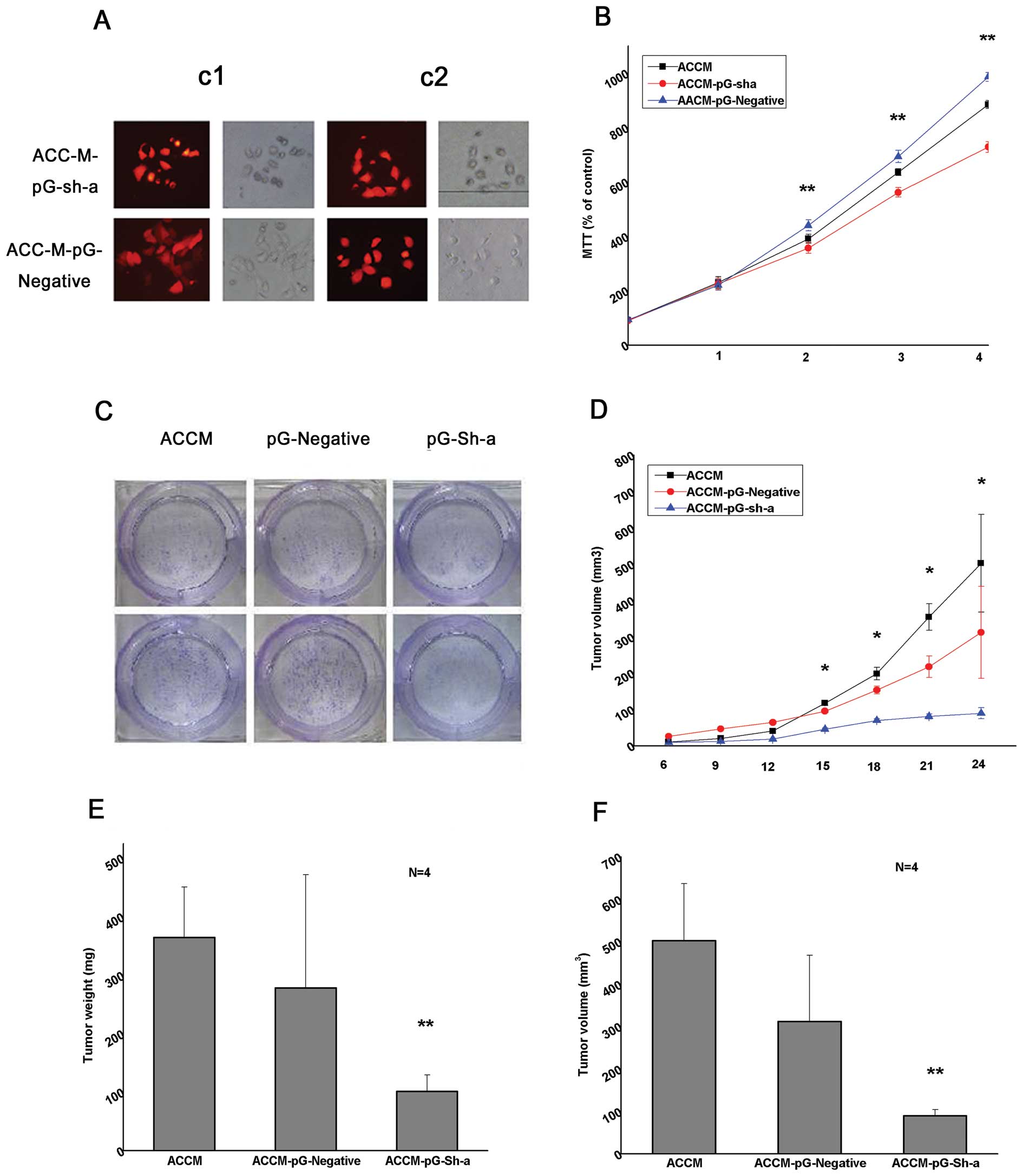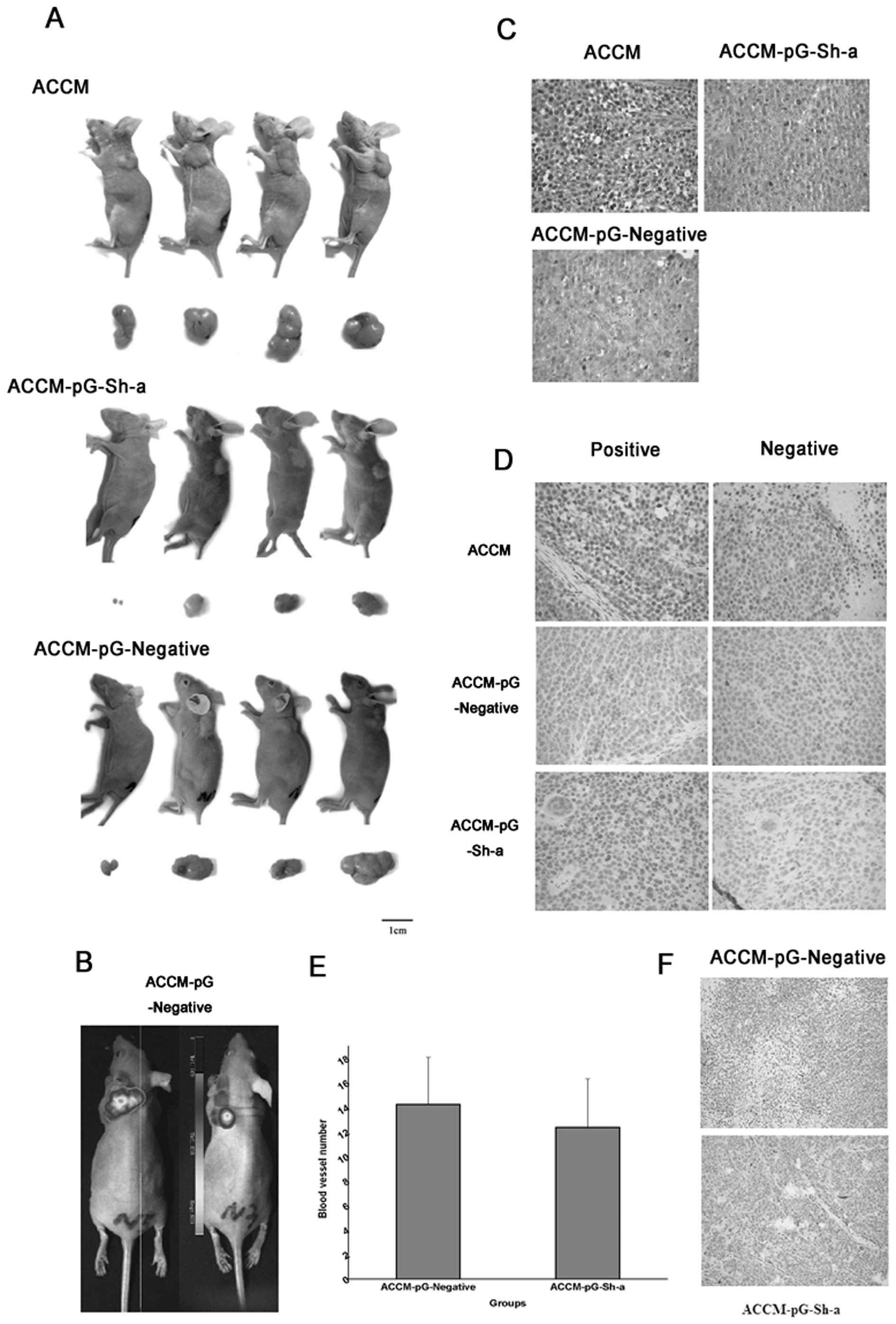|
1
|
Parkin DM, Laara E and Muir CS: Estimates
of the worldwide frequency of sixteen major cancers in 1980. Int J
Cancer. 41:184–197. 1988. View Article : Google Scholar : PubMed/NCBI
|
|
2
|
Stell PM: Survival time in end-stage head
and neck cancer. Eur J Surg Oncol. 15:407–410. 1989.PubMed/NCBI
|
|
3
|
Bockmühl U, Wolf G, Schmidt S, Schwendel
A, Jahnke V, Dietel M and Petersen I: Genomic alterations
associated with malignancy in head and neck cancer. Head Neck.
20:145–151. 1998.PubMed/NCBI
|
|
4
|
Dodd RL and Slevin NJ: Salivary gland
adenoid cystic carcinoma: a review of chemotherapy and molecular
therapies. Oral Oncol. 42:759–769. 2006. View Article : Google Scholar : PubMed/NCBI
|
|
5
|
Ampil FL and Misra RP: Factors influencing
survival of patients with adenoid cystic carcinoma of the salivary
glands. J Oral Maxillofac Surg. 45:1005–1010. 1987. View Article : Google Scholar : PubMed/NCBI
|
|
6
|
Spiro RH: Distant metastasis in adenoid
cystic carcinoma of salivary origin. Am J Surg. 174:495–498. 1997.
View Article : Google Scholar : PubMed/NCBI
|
|
7
|
Ito H, Hatori M, Kinugasa Y, Irie T,
Tachikawa T and Nagumo M: Comparison of the expression profile of
metastasis-associated genes between primary and circulating cancer
cells in oral squamous cell carcinoma. Anticancer Res.
23:1425–1431. 2003.PubMed/NCBI
|
|
8
|
Ishibashi H, Shiratuchi T, Nakagawa K,
Onimaru M, Sugiura T and Sueishi K: Hypoxiainduced angiogenesis of
cultured human salivary gland carcinoma cells enhances vascular
endothelial growth factor production and basic fibroblast growth
factor release. Oral Oncol. 37:77–83. 2001. View Article : Google Scholar
|
|
9
|
Simpson AJ, Caballero OL, Jungbluth A,
Chen YT and Old LJ: Cancer/testis antigens, gametogenesis and
cancer. Nat Rev Cancer. 5:615–625. 2005. View Article : Google Scholar : PubMed/NCBI
|
|
10
|
Scanlan MJ, Simpson AJ and Old LJ: The
cancer/testis genes: review, standardization, and commentary.
Cancer Immun. 4:12004.PubMed/NCBI
|
|
11
|
Old LJ: Cancer/testis (CT) antigens - a
new link between gametogenesis and cancer. Cancer Immun.
1:12001.PubMed/NCBI
|
|
12
|
Davis ID, Chen W, Jackson H, Parente P,
Shackleton M, Hopkins W, Chen Q, Dimopoulos N, Luke T, Murphy R,
Scott AM, Maraskovsky E, McArthur G, MacGregor D, Sturrock S, Tai
TY, Green S, Cuthbertson A, Maher D, Miloradovic L, Mitchell SV,
Ritter G, Jungbluth AA, Chen YT, Gnjatic S, Hoffman EW, Old LJ and
Cebon JS: Recombinant NY-ESO-1 protein with ISCOMATRIX adjuvant
induces broad integrated antibody and CD4(+) and CD8(+) T cell
responses in humans. Proc Natl Acad Sci USA. 101:10697–10702.
2004.PubMed/NCBI
|
|
13
|
Zhang Y, Sun Z, Nicolay H, Meyer RG,
Renkvist N, Stroobant V, Corthals J, Carrasco J, Eggermont AM,
Marchand M, Thielemans K, Wölfel T, Boon T and van der Bruggen P:
Monitoring of anti-vaccine CD4 T cell frequencies in melanoma
patients vaccinated with a MAGE-3 protein. J Immunol.
174:2404–2411. 2005. View Article : Google Scholar : PubMed/NCBI
|
|
14
|
Nakagawa K, Noguchi Y, Uenaka A, Sato S,
Okumura H, Tanaka M, Shimono M, Ali Eldib AM, Ono T, Ohara N,
Yoshino T, Yamashita K, Tsunoda T, Aoe M, Shimizu N and Nakayama E:
XAGE-1 expression in non-small cell lung cancer and antibody
response in patients. Clin Cancer Res. 11:5496–5503. 2005.
View Article : Google Scholar : PubMed/NCBI
|
|
15
|
Gure AO, Chua R, Williamson B, Gonen M,
Ferrera CA, Gnjatic S, Ritter G, Simpson AJ, Chen YT, Old LJ and
Altorki NK: Cancer-testis genes are coordinately expressed and are
markers of poor outcome in nonsmall cell lung cancer. Clin Cancer
Res. 11:8055–8062. 2005. View Article : Google Scholar : PubMed/NCBI
|
|
16
|
Brinkmann U, Vasmatzis G, Lee B and Pastan
I: Novel genes in the PAGE and GAGE family of tumor antigens found
by homology walking in the dbEST database. Cancer Res.
59:1445–1448. 1999.PubMed/NCBI
|
|
17
|
Liu XF, Helman LJ, Yeung C, Bera TK, Lee B
and Pastan I: XAGE-1, a new gene that is frequently expressed in
Ewing’s sarcoma. Cancer Res. 60:4752–4755. 2000.PubMed/NCBI
|
|
18
|
Zendman AJ, Van Kraats AA, Weidle UH,
Ruiter DJ and Van Muijen GN: The XAGE family of
cancer/testis-associated genes: alignment and expression profile in
normal tissues, melanoma lesions and Ewing’s sarcoma. Int J Cancer.
99:361–369. 2002.PubMed/NCBI
|
|
19
|
Egland KA, Kumar V, Duray P and Pastan I:
Characterization of overlapping XAGE-1 transcripts encoding a
cancer testis antigen expressed in lung, breast, and other types of
cancers. Mol Cancer Ther. 1:441–450. 2002.PubMed/NCBI
|
|
20
|
Ali Eldib AM, Ono T, Shimono M, Kaneko M,
Nakagawa K, Tanaka R, Noguchi Y and Nakayama E: Immunoscreening of
a cDNA library from a lung cancer cell line using autologous
patient serum: identification of XAGE-1b as a dominant antigen and
its immunogenicity in lung adenocarcinoma. Int J Cancer.
108:558–563. 2004.PubMed/NCBI
|
|
21
|
Sato S, Noguchi Y, Ohara N, Uenaka A,
Shimono M, Nakagawa K, Koizumi F, Ishida T, Yoshino T, Shiratori Y
and Nakayama E: Identification of XAGE-1 isoforms: predominant
expression of XAGE-1b in testis and tumors. Cancer Immun. 7:5–13.
2007.PubMed/NCBI
|
|
22
|
Scanlan MJ, Gure AO, Jungbluth AA, Old LJ
and Chen YT: Cancer/testis antigens: an expanding family of targets
for cancer immunotherapy. Immunol Rev. 188:22–32. 2002. View Article : Google Scholar : PubMed/NCBI
|
|
23
|
Kishi M, Nakamura M, Nishimine M, Ishida
E, Shimada K, Kirita T and Konishi N: Loss of heterozygosity on
chromosome 6q correlates with decreased thrombospondin-2 expression
in human salivary gland carcinomas. Cancer Sci. 94:530–535. 2003.
View Article : Google Scholar : PubMed/NCBI
|
|
24
|
Huang D, Chen W, He R, Yu F, Zhang Z and
Qiu W: Different cDNA microarray patterns of gene expression
reflecting changes during metastatic progression in adenoid cystic
carcinoma. World J Surg Oncol. 1:282003. View Article : Google Scholar : PubMed/NCBI
|
|
25
|
An J, Sun JY, Yuan Q, Tian HY, Qiu WL, Guo
W and Zhao FK: Proteomics analysis of differentially expressed
metastasis-associated proteins in adenoid cystic carcinoma cell
lines of human salivary gland. Oral Oncol. 40:400–408. 2004.
View Article : Google Scholar
|
|
26
|
Guan XF, Qiu WL, He RG and Zhou XJ:
Selection of adenoid cystic carcinoma cell clone highly metastatic
to the lung: an experimental study. Int J Oral Maxillofac Surg.
26:116–119. 1997. View Article : Google Scholar : PubMed/NCBI
|
|
27
|
Patel KJ, Pambuccian SE, Ondrey FG, Adams
GL and Gaffney PM: Genes associated with early development,
apoptosis and cell cycle regulation define a gene expression
profile of adenoid cystic carcinoma. Oral Oncol. 42:994–1004. 2006.
View Article : Google Scholar
|
|
28
|
Chen W, Zhang HL, Shao XJ, Jiang YG, Zhao
XG, Gao X, Li JH, Yang J, Zhang YF, Liu BL and Sun MY: Gene
expression profile of salivary adenoid cystic carcinoma associated
with perineural invasion. Tohoku J Exp Med. 212:319–334. 2007.
View Article : Google Scholar : PubMed/NCBI
|
|
29
|
Chau Y, Hongyo T, Aozasa K and Chan JKC:
Dedifferentiation of adenoid cystic carcinoma: a report of a case
implicating p53 gene mutation. Hum Pathol. 32:1403–1407. 2001.
View Article : Google Scholar : PubMed/NCBI
|
|
30
|
Karja VJ, Syrjanen KJ, Kurvinen AK and
Syrjanen SM: Expressions and mutations of p53 in salivary gland
tumours. J Oral Pathol Med. 26:217–223. 1997. View Article : Google Scholar : PubMed/NCBI
|
|
31
|
Keikhaee MR, Kudo Y, Siriwardena S, Wu L,
Ogawa I and Takata T: Skp2 expression is associated with
down-regulation of p27 protein and cell proliferation in salivary
adenoid cystic carcinoma. Virchows Arch. 450:567–574. 2007.
View Article : Google Scholar : PubMed/NCBI
|
|
32
|
Yu Y, Chen W, Zhang Y, Hamburger AW, Pan H
and Zhang Z: Suppression of salivary adenoid cystic carcinoma
growth and metastasis by ErbB3 binding protein Ebp1 gene transfer.
Int J Cancer. 120:1909–1913. 2007. View Article : Google Scholar : PubMed/NCBI
|
|
33
|
Zhang B, Guan CC, Chen WT, Zhang P, Yan M,
Shi JH, Qin CL and Yang Q: A20 inhibits human salivary adenoid
cystic carcinoma cells invasion via blocking nuclear factor-kappaB
activation. Chin Med J. 120:1830–1835. 2007.PubMed/NCBI
|
|
34
|
Freier K, Flechtenmacher C, Walch A,
Devens F, Mühling J, Lichter P, Joos S and Hofele C: Differential
KIT expression in histological subtypes of adenoid cystic carcinoma
(ACC) of the salivary gland. Oral Oncol. 41:934–939. 2005.
View Article : Google Scholar : PubMed/NCBI
|
|
35
|
Dori S, Vered M, David R and Buchner A:
HER2/neu expression in adenoid cystic carcinoma of salivary gland
origin: an immunohistochemical study. J Oral Pathol Med.
31:463–467. 2002. View Article : Google Scholar : PubMed/NCBI
|















